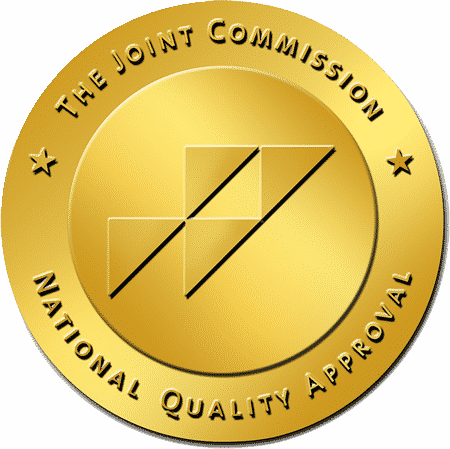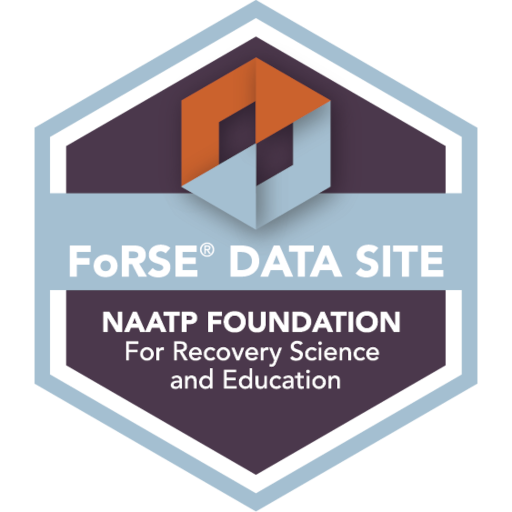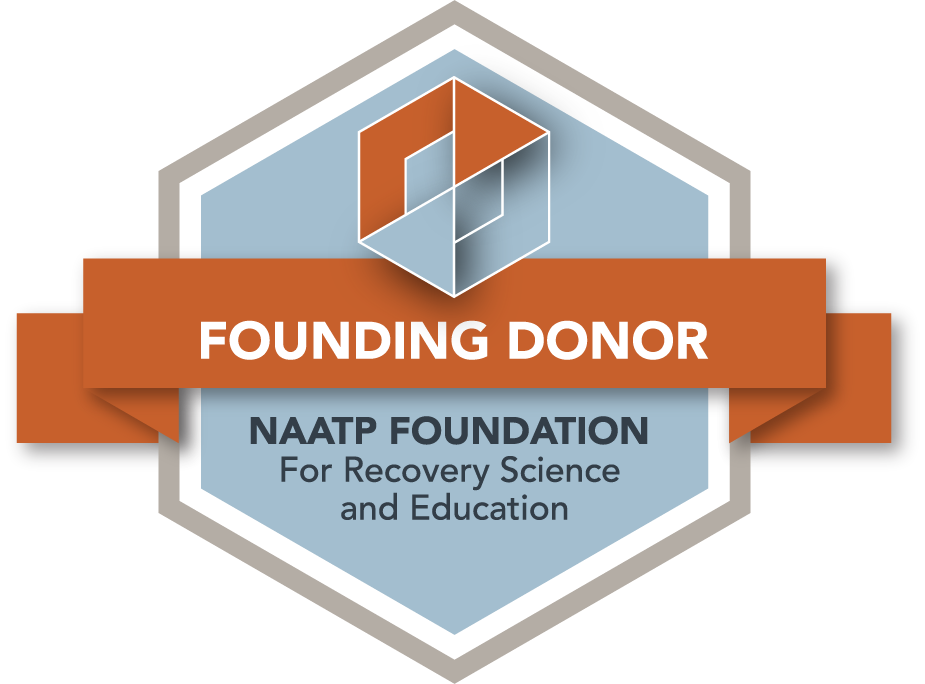Alcoholism is a serious disease, and it is not easy to overcome. Living with an alcoholic can be difficult. This is because you and your family will suffer along with the alcoholic. You will watch as their substance abuse destroys their lives and greatly effects yours at the same time. Alcoholics find it difficult to break the cycle of addiction, which is why an alcoholic drinks.
Alcoholics are at risk of developing health problems, such as liver disease, cancer, and heart disease. They are also at risk of losing their job, their family, and their friends. In some cases, they may even lose their life.
At first, it can be really hard to find the right resources to help an alcoholic, but there are many options available, and you don’t have to go through the challenges alone. If someone you know is struggling with alcoholism, you can always approach different institutions that help with alcohol addiction. By reaching out for help, you can help your loved one to start living a better life.
Symptoms and Causes of Alcohol Poisoning BAC (Blood Alcohol Content)

Alcohol poisoning is a very serious and life-threatening condition that occurs when there is too much alcohol in the body. The causes of alcohol poisoning are numerous, but the most common cause is derived by how much alcohol is consumed during a finite period of time.
Binge Drinking
Binge drinking is defined as four or more drinks within two hours for men, and five or more drinks within two hours for women. People who engage in binge drinking are at a higher risk for developing alcohol poisoning because they are consuming a large amount of alcohol in a short period. Therefore, binge drinking and binge drinking games should be avoided to prevent alcohol poisoning.
Drinking Alcohol on an Empty Stomach
Another cause of alcohol poisoning is drinking alcohol on an empty stomach. When there is food in the stomach, it slows down the absorption of alcohol into the bloodstream. However, when someone drinks on an empty stomach, the alcohol is absorbed more quickly into the bloodstream, which can lead to higher blood alcohol levels and potentially alcohol poisoning.
Alcohol Overdose
Alcohol overdose in another name for alcohol poisoning.
What Is an Alcohol Overdose? An overdose from alcohol occurs when there is so much alcohol in the bloodstream that areas of the brain controlling basic life-support functions—such as breathing, heart rate, and temperature control—begin to shut down.
Symptoms of alcohol poisoning include the following:
Mental Confusion
Alcohol poisoning affects a persons clarity – extremely confused, unresponsive and disoriented are often seen and if taking prescription medications a person can exhibit mild impairment or severe impairment
Gag Reflex
The greatest danger with alcohol poisoning is losing the gag reflex; a person is at an elevated risk of choking on or aspirating vomit.
Vomiting
Vomit – someone else’s or your own vomit is not pleasant. Health risks such as a person choking on his or her own vomit will warrant medical intervention.
Seizures
Drinking alcohol in large doses during a short period of time will increase the possibility of seizures. For those who are prone to seizures already, alcohol poisoning can cause a person to experience an unprovoked seizure.
Slow Breathing or Irregular Breathing
Slow breathing means less than 8 breaths a minute while irregular breathing is a gap of more than 10 seconds between breaths
Blue Tinged Skin
Both blue tinged skin and clammy skin is cause by low body temperature
Passing Out and Unable to be Awakened
Never assume that an unconscious person will sleeping it and be fine – a blood alcohol level is unknown unless tested and alcohol poisoning varies for each person who drinks alcohol. If you are with an unconscious person lie them on their side and call your local emergency number immediately
Seek Medical Help Immediately
If you suspect that someone has alcohol poisoning, it is important to seek medical help immediately. Alcohol poisoning or alcohol overdose can be deadly, and it is important to get the person to a hospital as soon as possible. The symptoms of alcohol poisoning are very evident, especially if you notice that people drink alcohol excessively.
Alcohol poisoning deaths are common among alcoholics. It is manifested when a person’s basic life support functions fail. Alcohol poisoning deaths are more common than most people think. To avoid alcohol poisoning, alcohol consumption must be controlled. Otherwise, alcohol poisoning will occur.
Curing Alcohol Poisoning
There is only one alcohol poisoning cure. Don’t risk over drinking is the one true alcohol poison cure. Alcohol poisoning is from a high BAC from drinking to much. Alcohol poisoning home remedies to alleviate the symptoms of alcohol poisoning next day is rarely an option because once suffering from this type of overdose, one is in the hospital or unfortunately deceased.
What Are the Risks Faced by Alcoholics?

People who drink alcohol excessively are at a huge risk for alcohol poisoning. Alcohol poisoning treatment is often administered to help prevent things like permanent brain damage and other alcohol poisoning signs. Immediate medical care is needed to alleviate the signs and symptoms of alcohol poisoning. Below are the risks faced by alcoholics:
- Low body temperature
- High blood alcohol concentration
- Mental confusion
- Loss of vital life functions
- Brain damage
- Low blood sugar
When a person drinks too much in a short period of time this is alcohol poisoning also called alcohol overdose, which can lead to a visit to the hospital or emergency personnel. It can be tricky to monitor an alcoholic’s consumption of alcohol and other drugs because of their high alcohol tolerance. As a result, they are more prone to going into shock, which can be manifested by slow breathing, difficulty remaining conscious, and excessive vomiting. Medical intervention is needed as soon as possible in these cases. Otherwise, there is a huge risk of death.
Alcoholism’s Impact on the Family
Living with an alcoholic can be very difficult. It often leads to feelings of shame, guilt, and anger. You might feel like you’re walking on eggshells all the time or that you have to tiptoe around your loved one so as not to set them off. Alcoholism’s impact on families can include relationship problems, domestic abuse, and child abuse.
Children Living With Alcoholics
Children who grow up in homes where there is an alcoholic parent often have a lot of trauma. This is because living with an alcoholic can be chaotic and unpredictable. There might be times when the parent is sober and everything is fine, and then there might be times when the parent is drunk and becomes violent. This can lead to feelings of anxiety and insecurity in children. They might not feel safe in their own home.
In addition, children of alcoholics often grow up feeling like they have to take care of their alcoholic parent or parents. They might feel it’s their responsibility to ensure their parent doesn’t drink too much or to keep them from getting angry. This can be a lot of pressure for a child.
Children of alcoholics also have a higher risk of turning out to be alcoholics themselves when they grow up. This is because they’ve been exposed to alcoholism from a young age, and it’s something that they’re familiar with. In addition, they might have seen their parents drink to cope with their problems, so they might think that this is how you’re supposed to deal with difficult situations.
Spouse or Partner of Alcoholics
If you’re living with an alcoholic, you might feel like you have to constantly look over your shoulder. You never know when your partner will start drinking or how they will act when they’re drunk. This can lead to a lot of stress and anxiety in your relationship. You might also feel like you have to take care of your partner or else enable their drinking. This can be a difficult situation to be in and can put a strain on your mental and emotional health.
Alcohol Use Disorder at La Hacienda Treatment Center
Alcohol use disorder is a serious medical condition that should be treated by a professional. This is because detoxing from alcohol can be very dangerous and should be done under medical supervision. In addition, once someone is sober, they often need to learn how to live a sober lifestyle and this is something that can be best learned in a treatment setting.
It’s important to note that there are functional alcoholics out there. A high-functioning alcoholic is an alcoholic who is able to hold down a job and may even have a family despite their drinking problems. But still, alcoholism will most likely catch up to them.
A high-functioning alcoholic might do well in society, but they always end up affecting their loved ones. This is because living with an alcoholic is never easy since they can be unpredictable, unstable, and impulsive.
It’s very difficult to spot a high-functioning alcoholic because they don’t necessarily look like your stereotypical alcoholic. They may not be unemployed, living on the streets, or drinking out of a brown paper bag, but just because they have their life together on the surface doesn’t mean that everything is okay. It’s important to remember that a high-functioning alcoholic is also suffering from alcohol addiction, which means that addiction treatment is very important for these people, too.
There will come a time when alcoholism could start ruining their lives.
Consequences of Abusing Alcohol

As a depressant, abusing alcohol can lead to feelings of sadness and hopelessness. It can also lead to problems with anxiety and depression. Every organ in an alcoholic’s body will be affected by their drinking. This includes the brain, heart, liver, and pancreas.
Heart
Alcohol’s impact on the heart includes an increased risk of high blood pressure, heart failure, and stroke. There is also a risk of developing heart problems such as:
Cardiomyopathy — This is a weakening of the heart muscle.
Arrhythmias — This is an irregular heartbeat.
Stroke — Abusing alcohol can cause a stroke by causing bleeding in the brain.
High Blood Pressure — Abusing alcohol can lead to high blood pressure, which is a risk factor for heart disease.
Liver
The liver is another organ that is affected by alcohol abuse. The liver’s purpose is to filter toxins out of the body. However, when someone drinks too much alcohol, the liver can’t keep up with the demand and starts to fail. This can lead to a build-up of toxins in the body, which can lead to:
Cirrhosis — This is a disease that causes the liver to become scarred and unable to function properly.
Hepatitis — This is an inflammation of the liver that can be caused by drinking too much alcohol.
Fibrosis — This is a condition that causes the liver to become hard and unable to function properly.
Fatty Liver Disease — This is a condition that causes the liver to become enlarged and filled with fat.
Pancreas
The pancreas is another organ that is affected by alcohol abuse. The pancreas produces enzymes that help the body break down food. However, when someone drinks too much alcohol, the pancreas can’t keep up with the demand and starts to fail. This can lead to a build-up of toxins in the body, which can lead to:
Pancreatitis — This is an inflammation of the pancreas that can be caused by drinking too much alcohol.
Diabetes — This is a condition that causes the body to have high blood sugar levels.
Brain
Alcohol abuse can also lead to problems with the brain. These problems include:
Memory Loss — Alcohol abuse can cause memory loss by damaging the parts of the brain that are responsible for memory.
Dementia — This is a condition that causes problems with thinking, memory, and judgment.
Wernicke-Korsakoff Syndrome — This is a condition that causes problems with memory, vision, and coordination.
How Can La Hacienda Help?

Alcohol use disorders can cause a lot of problems for family and friends, such as job loss, relationship problems, financial instability, violence, injuries, and accidents. Most of the time, young alcoholics try to detox at home without medical supervision and fail. If you or someone you know is struggling with alcohol, we can help.
At La Hacienda, we offer a medically supervised detoxification program that will help patients through the withdrawal process. We also offer a residential treatment program that will provide patients with the tools they need to recover from alcoholism. We are experts in dealing with problems caused by excessive drinking that leads to alcohol addiction. We only treat people aged 18 and above.
If you know someone who is struggling with alcoholism, please do not hesitate to reach out to us. We would be more than happy to help them get on the road to recovery. We understand that alcohol misuse or heavy drinking can lead to severe consequences. Therefore, treatment facilities like ours are a necessary resource for those who succumb to heavy drinking.
We have doctors and nurses at our facility who are available 24/7 to guarantee that patients are comfortable and safe during their stay with us. We also have a mental health professional who follows the guidelines of the American Psychiatric Association when it comes to dealing with alcoholics. We also offer a variety of therapies and activities that patients can participate in to help them recover from alcoholism.
Our goal is to prevent mental disorders, prevent alcohol misuse from getting worse, reduce alcohol consumption gradually, and help with withdrawal symptoms. Eventually, patients who suffer from alcohol addiction will start developing healthy relationships, improve their personal life, and abstain from substance use disorders like problematic alcohol use through the right interventions.
Positive Impacts of the Treatment Process for Alcohol Use Disorder

Since alcoholism is a disease, it follows that there are certain treatments that, when adhered to, can bring about remission in the majority of cases. At La Hacienda we utilize the 12 step model and believe that even the worst alcoholic can find lasting sobriety.
Some of the positive impacts of staying sober:
- Improved mental and physical health
- Increased life expectancy
- Decreased risk of developing cancer
- Decreased risk of developing cardiovascular disease
- Improved relationships with family and friends
How To Help a Loved One Who Is Suffering From Alcoholism
It’s hard for alcoholics to try and start their recovery journey on their own. This is why it’s important for their loved ones to be there for them and offer their support. Here are some things you can do to help a loved one:
- Encourage them to seek treatment
- Offer your support
- Help them create a safe and healthy environment
- Make sure they’re getting enough sleep and eating properly
- Encourage them to stay active
These simple things can make a big difference in the life of someone who is struggling with an alcohol use disorder. With patience and consistency, you can help your loved one start their recovery process.
Final Thoughts

Alcohol use disorder is a challenging and difficult disease to live with. However, it is possible to recover from alcoholism with the right treatment and support. If you or someone you know is struggling with alcohol addiction, please reach out to us at La Hacienda. We would be more than happy to help your loved one on the journey to recovery.
Sources:
Heavy drinkers aren’t necessarily alcoholics, but may be “almost alcoholics”
Drinking Levels Defined
Alcohol Use and Your Health
What Is Cardiomyopathy in Adults?
Alcoholic hepatitis
Workers’ drinking patterns: the impact on absenteeism in the Australian work-place
The Cost of Excessive Alcohol Use
High-Functioning People with Alcohol Use Disorder






